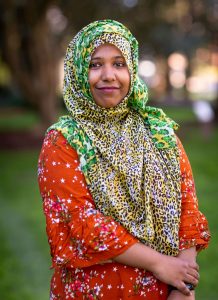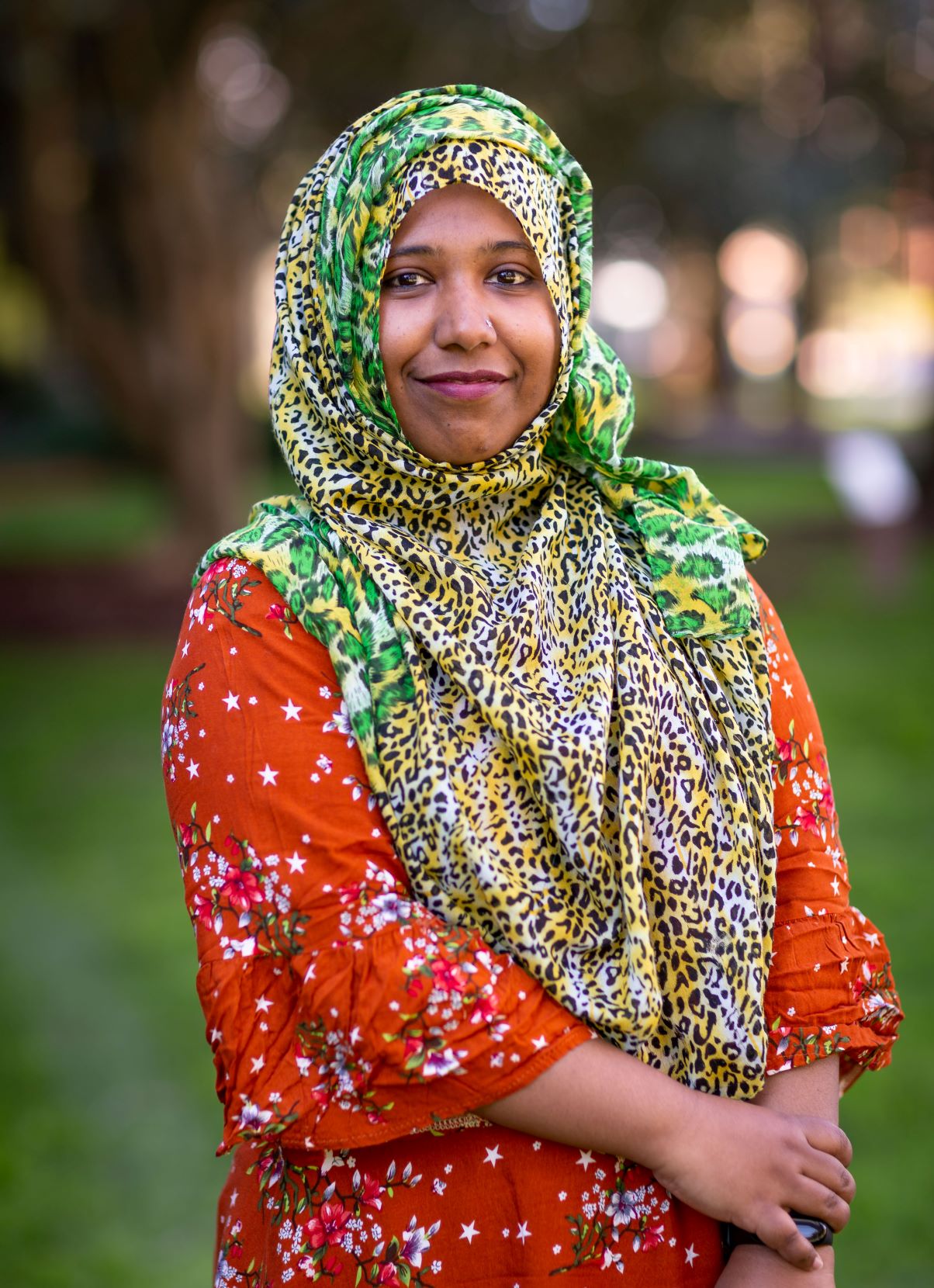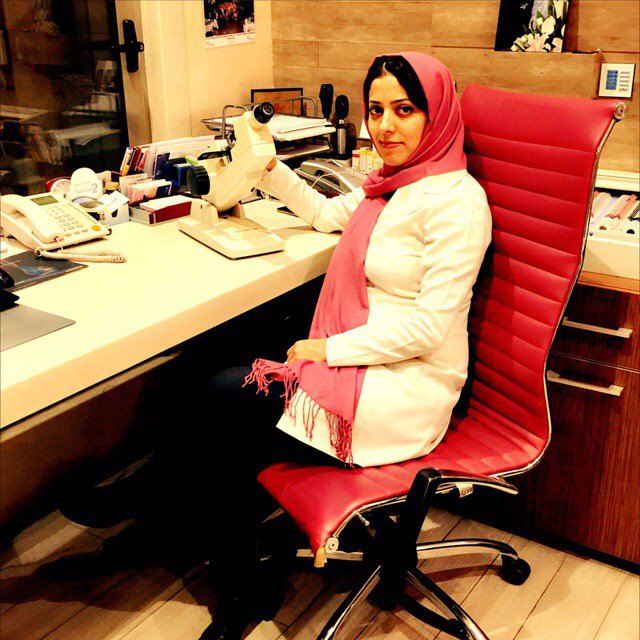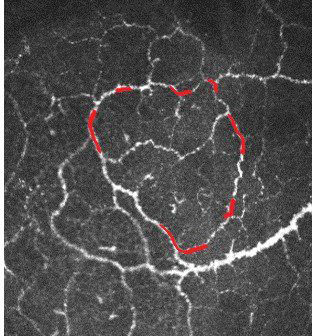By Akasha Kaleem

Tasmia Zaman is an international student who has come all the way from Bangladesh to pursue a PhD degree in Materials science and engineering. Her field of research is on lead-free Piezoelectric ceramics. She likes to make new friends and chat over a cup of chai. One of her favourite hobbies is cooking and she’s trying to be a pro at making biryani. But also she’s got nerves of steel and never backs down high-pressured jobs. She has overcome several challenges in the field of education in her own country where a male dominant stereotype exists. Let’s find out more about her experience.
What was your motivation towards engineering field?
I had never thought of becoming an engineer until I moved to college. Initially, just like my father, I’d always dreamt of becoming a doctor and the interest later moved towards teaching. But when I was in college, I realized that I am quite good at mathematics and calculations and can do far better in an engineering field. It was a hard decision to make because in a developing country like Bangladesh, all the technical fields are pervaded by males. My mother supported my decision and here I am today.
Would you like to talk about the challenges and struggle you faced during your degree?
My country has made much progress in girls’ education but unequal gender level in all IT and technical fields still exists. Only a few girls decide to choose engineering related studies as industrial jobs are almost unavailable for them after their degrees. So, I endured a lot of criticism and demotivation from my society. It was a very hard and brutal decision for myself as well as for my family. But I didn’t let those people’s judgments stop me and continued studying passionately. I also suffered unemployment for quite a period due to limited available vacancies for women in companies. But I never gave up and continued applying to various jobs and after much struggle, a well-renowned company decided to hire me.
That’s great to hear. How was the job? Did you enjoy working there?
Not at all. It was again a boys’ club and the public areas were always surrounded by many men. We had to do hard labour equally like men out in the hot sun. There were no separate female sittings and rest areas. But I never bothered such harsh environment for myself and as a result, the company started hiring more women in their field. Now I consider myself a figurehead for those women who are coming and working there, and I feel immense pleasure in it.
What are you proud of today?
Doing a PhD in the field of my choice was a dream and I think it has come true. Today, I am studying at UNSW which comes under the world’s top-ranked universities and I feel so proud about it. I am also working as a faculty member in one of the universities of Bangladesh and want to return home after completing my studies. I would want to develop a collaborative network between Australia and Bangladesh in my research field. I think I have a long career to go within my research and that’s all I wanted for my life.

Is there any advice you’d like to give to young girls?
I’m a fighter. Every woman is a fighter. Our battle grounds might be different, but we all are fighting for the same purpose – to develop a better world for the next generations, especially women. So never give up and never let anyone take away what are you’re capable of. Also, you’ve got to run your own journey. You’d feel alone at many places where nobody would come to help you. Only you yourself can push through those limits, so continue struggling.
Follow Tasmia Zaman on Twitter @TasmiaZaman2
Follow Akasha Kaleem on Twitter @kaleemakasha




